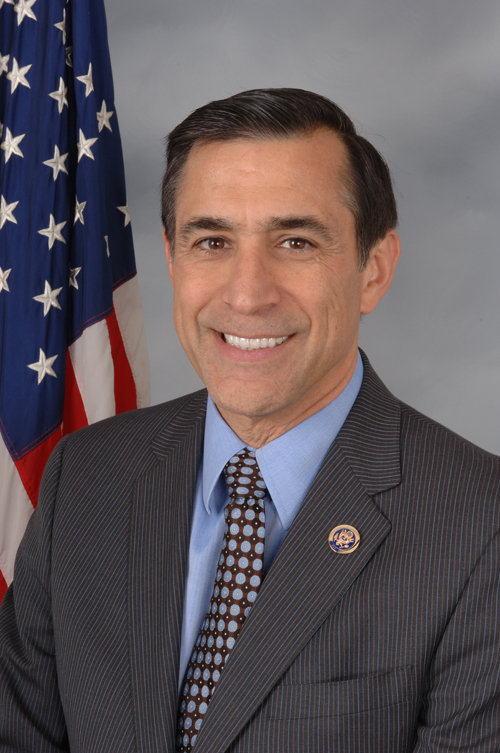
 Photo in the public domain, via Wikipedia
Photo in the public domain, via Wikipedia
In the US, a lot of plaintiffs are patent trolls. These patent trolls use software patents that would be ruled invalid if brought before the courts. There's no denying it, just look at the widely available statistics and then consider money extracted outside the courts (like 'protection money') and without the media even being informed (secrecy demanded by the racketeer). The USPTO keeps granting twice as many patents as one decade ago. No quality control seems to be in place, at least no effective control of quality (92% of applications wind up being accepted). These new figures from Patently-O, which cover a particular kind of patents, reinforce this. They completely reaffirm or fit the pattern and as IP Kat has just put it, "the patent system is inimical to innovative activity, at a time where innovation is seen as in decline."
"These patent trolls use software patents that would be ruled invalid if brought before the courts."The US patent system is now dominated more by parasites than by innovators. It's a real issue. But those who insinuate this or 'dare' to point it out come under severe attacks, especially if they're influential. Blowhard Gene Quinn (whom we often called WatchTroll for various reasons) leads the pack in these attacks.
"The US patent system is now dominated more by parasites than by innovators.""Finally we get the truth," IAM wrote (Gene Quinn being praised by IAM says a lot about IAM). "According to reform proponents a patent troll is any entity that seeks to enforce a patent" (because patent maximalists, propagandists, and proponents of software patents have agenda, which includes top enforcers of software patents, namely patent trolls).
Soon to join the above was a Bristows [1, 2] employee (UPC and software patents booster) who wrote: The Subcommittee is Chaired by Congressman Darrell Issa (R-CA), who has been an outspoken advocate for the need for more patent reform in order to provide relief from those he believes are abusing the patent litigation system — those sometimes called patent trolls. Indeed, from the start of the Thursday’s hearing, the debate regarding patent infringement at the ITC was couched in the language of the patent troll debate. For example, during his opening statement Congressman Issa rather imperiously stated: “for purposes of my opening statement ‘plaintiff’ and ‘troll’ will be interchangeable.”
"There is an agenda to drive and combing/cherry-picking the words of this agenda's antagonists is a commonly-used tool."The strategy of nitpicking a brief statement (where brevity was achieved in the above-stated fashion) is rather common these days. There is an agenda to drive and combing/cherry-picking the words of this agenda's antagonists is a commonly-used tool. I frequently saw it done online to incite against Techrights (misrepresentation of the site's positions).
Incidentally, and not too surprisingly (it was inevitable), IAM ‘magazine’ joins the lobbyist David Kappos (funded by IBM, Microsoft, Apple etc.) in attacking challenges to software patents in the US. To quote an article from this weekend (insisting that "something needs to be done about [section] 101":
Earlier this week former USPTO Director David Kappos doubled down on his long-time criticism of the recent case law and called for the abolition of 101. Speaking at the Federal Circuit Judicial Conference he reportedly compared the situations in the US with Europe and Asia. “It’s time to abolish Section 101 and the reason I say that is that Europe doesn’t have 101 and Asia doesn’t have 101 and they seem to be doing just fine in constraining patent eligible subject matter,” he commented.
Such is the uncertainty around 101 in both the high tech and biotech fields, thanks to the Supreme Court’s decisions in a series of cases including Alice Corp v CLS Bank and Mayo v Prometheus, that Kappos’s concerns are shared by many patent owners. His worries around 101 have evolved over recent years. On a panel at the AIPLA annual conference in 2014 he claimed that the case law had moved far beyond the original meaning of the statute. He strengthened his arguments in a speech he gave at the LeadershIP event in 2015 when he noted that despite the uncertainty, 101 reform did not feature in the debates around patent legislation.